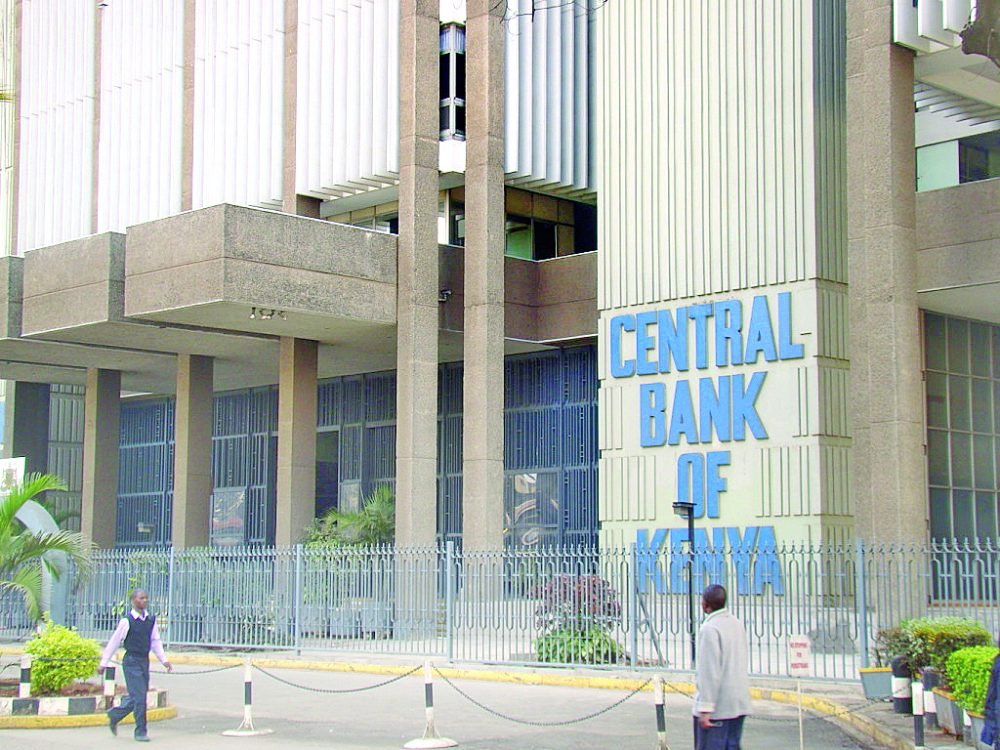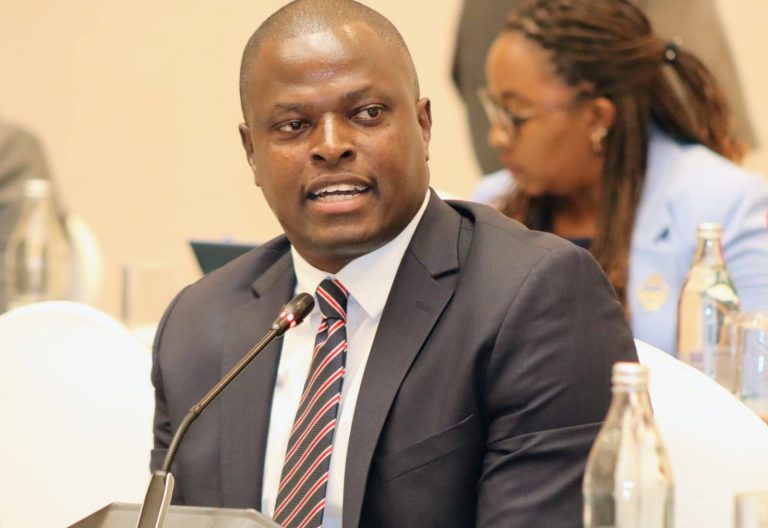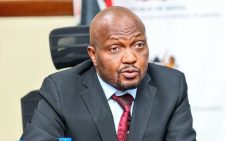Inside search for new directors to help steer Central Bank ship

The search for new faces expected to help steer the Central Bank (CBK) toward financial stability and policy reform took centre stage as Parliament vetted four nominees for the institution’s board of directors.
In a joint session held by the Finance and Planning Committee of the National Assembly and the Senate’s Finance and Budget Committee, lawmakers probed the nominees on how they plan to contribute to stabilising the economy, strengthening domestic borrowing and enhancing cross-border payment systems.
Sophie Moturi, one of the nominees, received the most pointed scrutiny due to her prior role as a commissioner at the Salaries and Remuneration Commission (SRC).
She said her work at SRC involved spearheading job evaluations across various civil service cadres, including Parliament, but several lawmakers challenged her record.
Ainamoi MP Benjamin Lagat and Kitui Rural MP David Mboni criticised SRC for what they described as a lack of tangible impact, alleging that beyond slashing ward representatives’ salaries, the commission did little to curb the national wage bill.
Turkana South MP John Ariko questioned how the commission accounted for the unique responsibilities of elected leaders, particularly under Article 95 of the Constitution.
“SRC was created to manage the wage bill of this country. There is no reduction of the wage bill. What criteria were being used in job evaluation, including the responsibility of that MP under Article 95? How do you measure the representation of MPs?” he asked.
In her defence, Moturi maintained that during her tenure at SRC, the national wage bill declined from 51.5 per cent to 39 per cent.
“We did our work as a commission, not as individuals. We carried out job evaluation, which was a thorough process, a time-consuming and expensive exercise,” she said.
With over 30 years of experience in banking and finance and a Master’s degree in the same field, Moturi said she would advocate for a blend of fiscal and monetary policies and push for technological reforms to enhance financial governance if confirmed to the CBK Board.
She suggested that financial and fiscal policies should be taken on board, adding that should she be approved as a board member, she will champion the policies through the use of technologies.
“Financial policies should be taken on board. It is possible to achieve that through technology and relevant amendments brought before parliament for approval,” she said.
Abdullahi Mohamed Abdi, another nominee, stated that his primary focus would be on fostering innovation within the banking and payment systems. He underscored the need to improve the efficiency of digital lending and cross-border transactions.
Abdi emphasised that the board’s role should include supporting technological advancements that make digital payments faster, more reliable, and inclusive.
“Sometimes payments take too long. However, we already have Digital lending and digital currencies. The Board will create a conducive environment for innovation so that payment systems are seamless and efficient,” he said.
Beatrice Kosgei, also nominated, spoke on the importance of reinforcing banking supervision and enforcing policies through effective regulatory mechanisms.
She pointed out that Kenya’s banking sector, with its 38 commercial banks, requires vigilant oversight to ensure adherence to standards and avoid the rise of non-performing loans.
Kosgei stressed the need for banks to conduct more thorough due diligence, particularly under the “Know Your Customer” principle, to prevent lending to high-risk borrowers.
She further suggested that CBK should enhance its regulatory role by applying penalties where necessary to maintain financial discipline.
David Owuor, the fourth nominee, was quizzed about inconsistencies in his identification documents, specifically his use of the name “Simpson,” which does not appear on his official records.
Despite the paperwork issue, lawmakers seemed more focused on the broader implications of the appointments and what the new board members could bring to the table.
President William Ruto’s nomination of these individuals is seen as part of a broader strategy to reposition the CBK as a driver of economic resilience amid rising fiscal pressures, global financial shifts, and evolving digital economies.
Central Bank of Kenya Act stipulates that the board shall comprise a Chairperson appointed by the President, the CBK Governor, the Principal Secretary to the National Treasury (as a non-voting member), and eight other non-executive directors.
The nominees under review are expected to bring new energy and ideas to the institution at a time when Kenya’s monetary policy, domestic debt management, and financial innovation are under intense public and political scrutiny. Their performance, if confirmed, could shape the direction of Kenya’s financial future and the broader economy.












